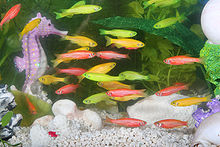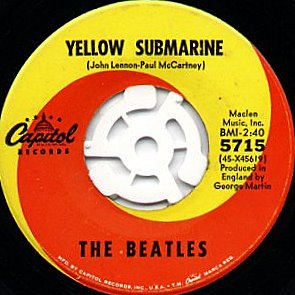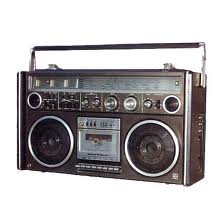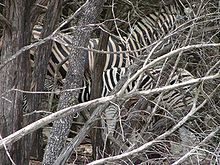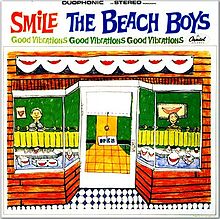To be efficient you need a filing system don't you?
So you can find things when you want them?
A genetically modified organism (GMO) or genetically engineered organism (GEO) is an organism whose genetic material has been altered using genetic engineering techniques. These techniques, generally known as recombinant DNA technology, use DNA molecules from different sources, which are combined into one molecule to create a new set of genes. This DNA is then transferred into an organism, giving it modified or novel genes. Transgenic organisms, a subset of GMOs, are organisms which have inserted DNA that originated in a different species.
Southeast Asian farmers first domesticated bananas. Recent archaeological and palaeoenvironmental evidence at Kuk Swamp in the Western Highlands Province of Papua New Guinea suggests that banana cultivation there goes back to at least 5000 BCE, and possibly to 8000 BCE.[1] It is likely that other species were later and independently domesticated elsewhere in southeast Asia. Southeast Asia is the region of primary diversity of the banana. Areas of secondary diversity are found in Africa, indicating a long history of banana cultivation in the region.
Phytolith discoveries in Cameroon dating to the first millennium BCE[23] triggered an as yet unresolved debate about the date of first cultivation in Africa. There is linguistic evidence that bananas were known in Madagascar around that time.[24] The earliest prior evidence indicates that cultivation dates to no earlier than late 6th century AD.[25] It is likely, however, that bananas were brought at least to Madagascar if not to the East African coast during the phase of Malagasy colonization of the island from South East Asia c400CE.[26]
Banana is the common name for herbaceous plants of the genus Musa and for the fruit they produce. Bananas come in a variety of sizes and colors when ripe, including yellow, purple, and red.
Almost all modern edible parthenocarpic bananas come from the two wild species – Musa acuminata and Musa balbisiana. The scientific names of bananas are Musa acuminata, Musa balbisiana or hybrids Musa acuminata × balbisiana, depending on their genomic constitution. The old scientific names Musa sapientum and Musa paradisiaca are no longer used.
Trade
| Top 10 banana producing nations (in million metric tons) |
|
|---|---|
| 26.2 | |
| 9.0 | |
| 8.2 | |
| 7.6 | |
| 7.2 | |
| 6.3 | |
| 2.2 | |
| 2.1 | |
| 2.0 | |
| 1.5 | |
| World Total | 95.6 |
| Source: 2009 data, Food and Agriculture Organization of the United Nations[3] * Countries use 2008 FAO data |
|
Why is music filed under Bananas?
Yellow perils
The global commodity trade is the key to any economy. If you want to be organised you need filing system. In a diversified (farming) operation you don't just fail when one commodity (protein, meat) has depressed prices due to a temporary oversupply. As supply dwindles, prices will rise. It is the basic law of supply and demand.
In the fast changing music publishing and distribution industry, anybody can come up with a million seller overnight, especially when the internet is the method of distribution. Profits, even as low as 4% accumulate, and thus can be applied to help an unprofitable enterprise overcome a temporary difficulty if the long term outlook is positive.
In addition, colour coding helps navigation through branding and brand recognition: Yellow for bananas/Royal Navy, Red- Africa, SkyBlue- Mexico.
See the full list of commodities under which all commodities are logically grouped. (Bananas-fruit) (Sugar- sweets, energy) on the following pages:
A song of the strong
A Compact Disc player (often written as compact disc player), or CD player, is an electronic device that plays audio Compact Discs. CD players are often a part of home stereo systems, car audio systems, and personal computers. They are also manufactured as portable devices. Modern units can support other formats in addition to CDs, such as DVDs, CD-ROMs with audio files and video CDs. DJs often use players with an adjustable playback speed to alter the pitch of the music programme. CD playback functionality is also available on CD-ROM/DVD-ROM drive equipped computers as well as on DVD players and CD-ROM/DVD-ROM based
Music
- Smile by The Beach Boys, it has been delayed for almost 45 years until it was announced with a final release date in November 2011.

